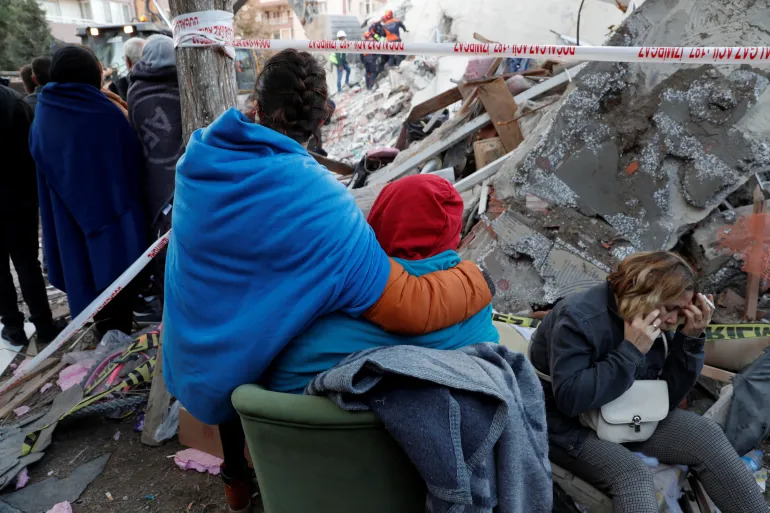It was 6 February in the morning, a magnitude of 7.8 earthquake hit south-eastern Turkey and parts of Syria. Till now, the death count reported more than 5,000 and tens of thousands lives are injured. The quake was followed by a tremor 7.5 struck just 9 hours later, as well as more than 200 aftershocks. Its shaking could be felt as far afield as Lebanon, Cyprus, Greece, Israel, and the Palestinian territories.
So far, 11,000 buildings have been reported damaged in Turkey. Nearly 25,000 emergency responders are working at scenes impacted. Rescuers are using at least 10 ships and 54 aircraft to transport the wounded and help with search operations. On Tuesday morning, planes carrying aid from Iraq and Iran arrived at Damascus International Airport in Syria. Many countries came forward to provide all kinds of aid.
The international community has been quick to offer assistance to Turkey and Syria as the full scale of the disaster becomes clear. Though earthquakes are not uncommon in this part of the world, today’s is believed to be the largest and deadliest one to hit Turkey in decades.
PM Narendra Modi expressed distress at the loss of lives and damage to property due to the earthquake in Turkey. “Condolences to the bereaved families. May the injured recover soon. India stands in solidarity with the people of Turkey and is ready to offer all possible assistance to cope with this tragedy,” PM Modi tweeted.
As rescue operations continued, freezing winter weather hindered search efforts for survivors through the night. Temperatures fell close to freezing overnight, worsening conditions for people trapped under rubble or left on the streets.
The earthquake on Monday was the biggest recorded worldwide by the US Geological Survey since a tremor in the remote South Atlantic in August 2021.







